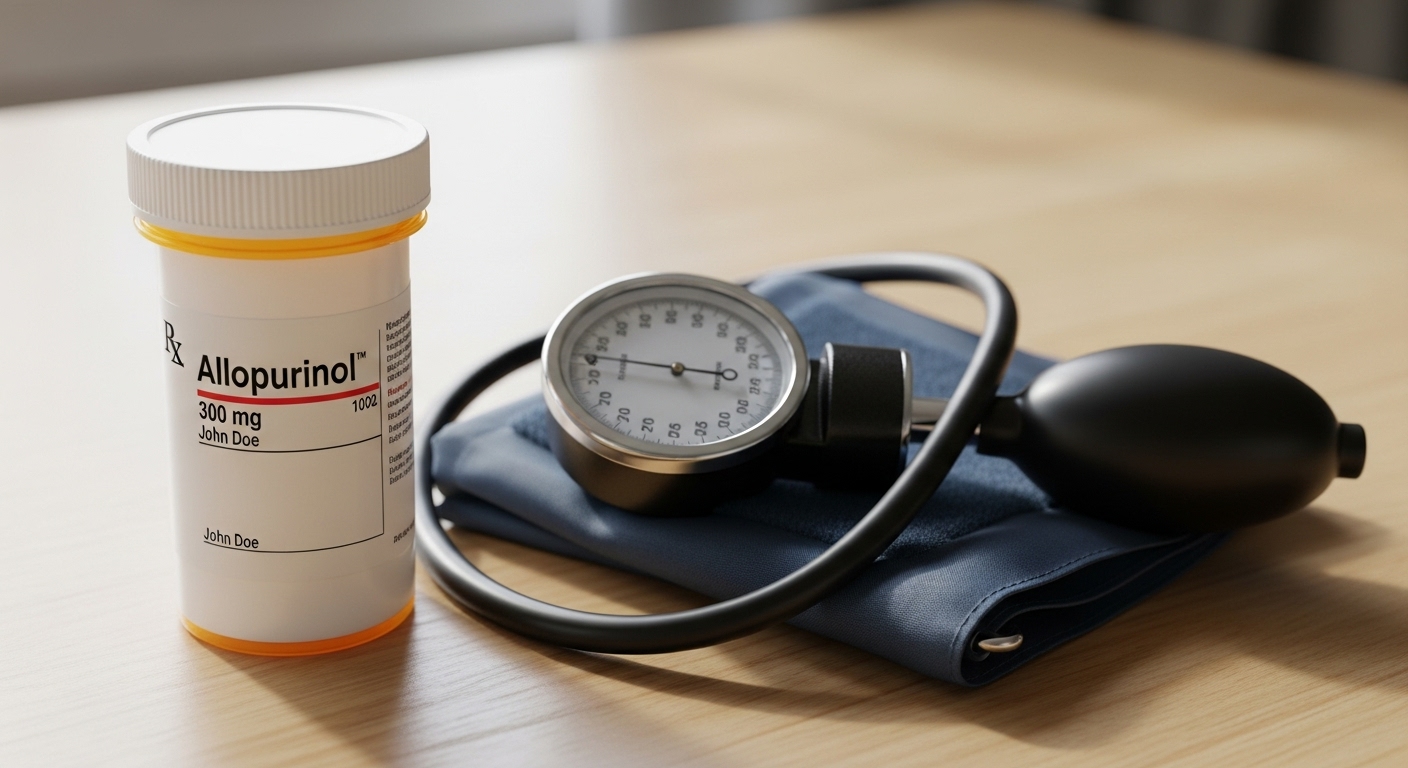Dr. Kumar’s Take:
This study reveals something fascinating: a mutation millions of years ago raised uric acid levels in our ancestors, helping them maintain blood pressure when dietary salt was scarce. That survival tool has now turned into a vulnerability. In today’s high-salt world, the same elevated uric acid contributes to salt-sensitive hypertension, kidney damage, and heart disease.
Key Takeaways:
✔ Humans lost uricase, the enzyme that lowers uric acid, during the Miocene era.
✔ Higher uric acid helped maintain blood pressure in low-salt diets but now drives hypertension.
✔ Animal studies show uric acid directly raises blood pressure by activating the renin-angiotensin system and damaging kidney vessels.
✔ Modern high-salt diets make this ancient adaptation harmful.
Actionable Tip:
If you have high blood pressure or a family history of hypertension, talk to your doctor about checking uric acid levels. Limiting sugary drinks, alcohol, and high-purine foods while staying hydrated can naturally help keep uric acid under control.
Study Summary:
This research article, published in Hypertension (2002), examined how the evolutionary loss of uricase raised uric acid levels in hominoids. The authors propose that elevated uric acid was advantageous in the Miocene, when diets were very low in salt, because it maintained blood pressure.
Experimental rat studies showed that mild hyperuricemia (artificially induced) caused high blood pressure and salt sensitivity, especially when combined with a low-salt diet. Mechanisms included activation of the renin-angiotensin system, smooth muscle proliferation, and kidney vessel damage.
Study Design:
- Comparative genetics: Researchers examined uricase mutations across primates and traced their timing to the Miocene era.
- Animal experiments: Rats were made mildly hyperuricemic using a uricase inhibitor, then fed low- or high-salt diets. Blood pressure and kidney pathology were measured.
- Mechanistic studies: Researchers tested whether uric acid directly stimulated smooth muscle proliferation and molecular pathways.
Results:
- Evolutionary findings: Uricase gene mutations independently arose in humans, apes, and some monkeys.
- Blood pressure effects: Rats with mild hyperuricemia on a low-salt diet developed higher blood pressure than controls.
- Kidney changes: Hyperuricemia caused preglomerular vascular disease, leading to salt sensitivity and persistent hypertension.
- Molecular effects: Uric acid activated the renin-angiotensin system, MAP kinase pathways, and COX-2, promoting vascular damage.
Why Uric Acid Matters in Hypertension:
Uric acid is not just a bystander in gout, it is a driver of high blood pressure. While it once helped humans survive on fruit-based, low-salt diets, today’s processed, salt-rich diets flip this advantage into disease. Elevated uric acid may explain why certain populations are more prone to hypertension, especially under conditions of obesity, insulin resistance, or kidney stress.
Related Studies and Research
Loss of Uricase in Human Evolution and Health – Explores how the evolutionary loss of uricase may connect uric acid to blood pressure regulation.
Vitamin C and Uric Acid: Gout Study – Looks at the effect of vitamin C on uric acid levels and cardiovascular implications.
Podcast: How to Make Gout Disappear from Your Life – A comprehensive look at modern and ancient gout science—and how to beat it.
Diet and Gout Risk: NEJM Study – Evaluates how certain diets influence the risk of developing gout.
Frequently Asked Questions
Why do humans have higher uric acid than other mammals?
Because of a mutation millions of years ago, humans lost the uricase enzyme. This raised uric acid levels compared to most other animals.
Does uric acid really cause high blood pressure, or is it just a marker?
Experimental evidence shows uric acid directly raises blood pressure and damages kidney vessels, suggesting it is more than just a marker.
Can lowering uric acid reduce hypertension risk?
Early studies suggest lowering uric acid with allopurinol or uricosuric drugs might reduce blood pressure, especially in early hypertension before permanent kidney damage occurs.
How can I keep uric acid in check naturally?
Stay hydrated, limit sugary drinks and alcohol, eat a balanced diet with more fruits and vegetables, and consider dairy intake, which may help lower uric acid.
Conclusion:
The uricase mutation was once a survival advantage for our ancestors. Today, it contributes to one of the biggest health burdens—hypertension. By recognizing uric acid’s role, we can take steps to prevent salt-sensitive high blood pressure and reduce cardiovascular risk. This is a striking example of how evolution shaped our biology in ways that are still impacting our health.


